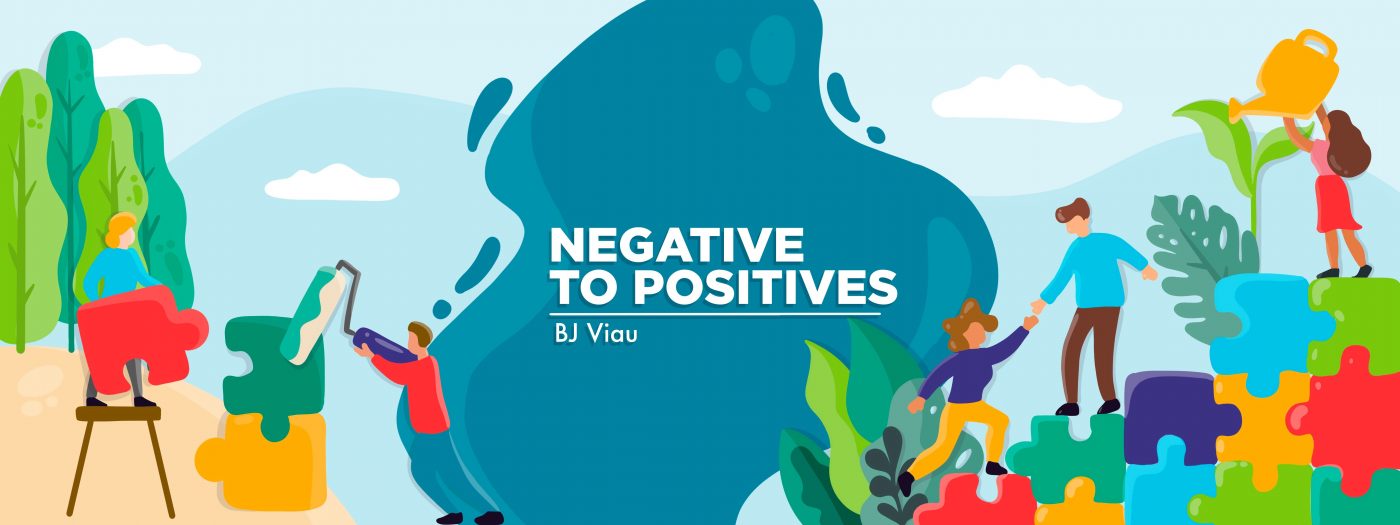We Need Realistic Timelines for Huntington’s Treatments
Written by |

Getting a new treatment to people with rare conditions like Huntington’s disease is difficult. It takes lots of intelligence about a specific topic and immense time and energy. It requires funding to fuel the time and energy of those intelligent people.
It depends upon a correct hypothesis that is executed and analyzed in both animal and human study subjects. It must make a significant enough impact on the course of the condition for regulatory agencies to approve its use. A pharmaceutical company and various partners must understand and execute a proper manufacturing, delivery, and administration infrastructure.
A physician must then learn enough about the medicine to believe in its clinical application for a specific patient. It then requires a patient’s understanding to agree to what the physician has prescribed. And finally, it typically needs the agreement of a health insurance entity to cover the cost of the medicine.
I’m all for being hopeful, but it’s important to know the hurdles involved.
For one person to receive a new medicine, the following participants must be in sync: early scientists, pharmaceutical companies, financial investors, researchers, regulatory agencies, prescribing physicians and their supporting teams, patients and their advocates, and insurance companies. If just one of these players isn’t in agreement, it can break the proper chain of development, and people likely could go without a new medicine.
This process doesn’t take days or months, but rather years of hard work from many different parties.
According to the study “Innovation in the pharmaceutical industry: New estimates of R&D costs,” published in the Journal of Health Economics by researchers at Tufts University’s Center for the Study of Drug Development, getting a medicine approved for prescription use is estimated to cost around $2.6 billion dollars. Not only that, the study also says that seven out of eight medicines that attempt this process will fail.
What can we do to come together and speed up the process of developing new treatments for Huntington’s disease (HD)? I can’t keep looking down the hall and thinking, “Well, those people are working on it.” I need to find new ways to get involved and creative ways to speed up this process.
I’ve met some of my favorite people while attending HD conferences around the world. Unfortunately, the clock is ticking toward the eventual onset of HD symptoms for many of them. When I look at the pipeline of future HD treatments and think about all the difficulties I’ve just mentioned, I can’t help but worry that time is running out.
Last month, I participated in a Help 4 HD podcast with two of these friends from the HD community. We discussed the urgency this community faces. The answers aren’t black and white, but we know they’re out there. Please listen to the podcast and reach out as we continue to seek answers and ideas to speed up the process of making new treatments a reality.
***
Note: Huntington’s Disease News is strictly a news and information website about the disease. It does not provide medical advice, diagnosis, or treatment. This content is not intended to be a substitute for professional medical advice, diagnosis, or treatment. Always seek the advice of your physician or other qualified health provider with any questions you may have regarding a medical condition. Never disregard professional medical advice or delay in seeking it because of something you have read on this website. The opinions expressed in this column are not those of Huntington’s Disease News or its parent company, Bionews, and are intended to spark discussion about issues pertaining to Huntington’s disease.







Néstor Corona
I come from a HD inheritance chain in west Venezuela where the largest incidence ratio of HD exists, is there a way to contact B.J Viau to explore ways and possibilities to help those already positive, some in my own family, and others outside amid the extreme scarcities that we have there? Your answer will be very appreciated.
B.J. Viau
Hi Nestor - thanks for reading and commenting. Please give me an email anytime: [email protected]. I look forward to hearing from you. -BJ